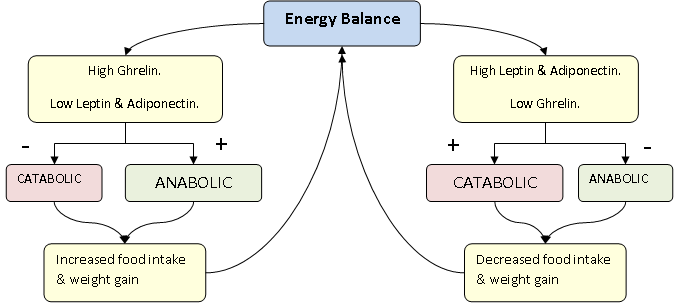10 Surprising Scientific Facts Behind Why We Get 'Hangry'
Hunger, a fundamental biological drive, is a sensation that every living being experiences. Yet, despite its universality, the science behind hunger is far more intricate than most realize. At its core, hunger is a complex interplay of physiological and psychological signals that ensure survival by prompting us to eat. However, it's not just about the rumbling of an empty stomach. Hunger encompasses a myriad of factors, including hormonal fluctuations, neural pathways, and even psychological influences. This article delves into 10 astonishing insights into the science behind irritable hunger, each explained succinctly yet comprehensively, offering a holistic understanding of this primal instinct. By the end, you'll appreciate the nuanced dance of biology and psychology that dictates when and why we feel hungry, and why sometimes, it feels more intense than usual. Join us on this journey to unravel the mysteries behind your irritable hunger.
1. The Role of Ghrelin: The Hunger Hormone

Ghrelin, often dubbed the "hunger hormone," plays a pivotal role in signaling hunger to our brains. Produced primarily in the stomach, ghrelin levels rise before meals, indicating the body's need for food. This hormone travels through the bloodstream to the brain, where it activates neurons in the hypothalamus, the region responsible for appetite regulation. Interestingly, ghrelin not only stimulates hunger but also influences food intake and energy homeostasis. Its levels are affected by various factors, including sleep, stress, and dietary habits. Understanding ghrelin's role is crucial for grasping why hunger can sometimes feel insatiable, especially when sleep-deprived or stressed. Moreover, research suggests that managing ghrelin levels could be a potential avenue for addressing obesity and related metabolic disorders. By exploring ghrelin, we begin to see how hormonal balances are integral to the experience of hunger.